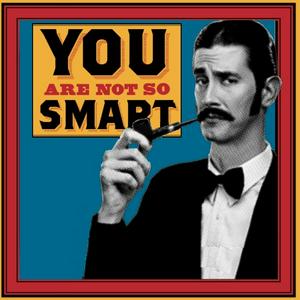In this episode, we sit down with three disinformation researchers whose new paper found something surprising about both our resistance and our susceptibility to both true news we wish was fake and fake news we wish was true.
Our guests are three of the scientists exploring a newly named cognitive distortion, one that every human being is prone to exhibiting, one that is so common and so easily provoked that nefarious actors depend on it when distributing disinformation and propaganda.
Samuel Woolley, Katie Joseff, and Michael Schwalbe will share their methods, findings, and takeaways. They will also explain the troublesome nature of something they are calling concordance over truth bias – a distortion that most often appears in those who have the most (undeserved) confidence in their own (not-so-objective) objectivity.
- How Minds Change
- Show Notes
- Newsletter
- David McRaney's BlueSky
- David McRaney’s Twitter
- YANSS Twitter
- Why Do We Share Our Feelings With Others?
- Concordance Over Truth Bias
- Samuel Wooley
- Katie Joseff
- Michael Schwalbe
- Geoffrey Cohen
Hosted by Simplecast, an AdsWizz company. See pcm.adswizz.com for information about our collection and use of personal data for advertising.


